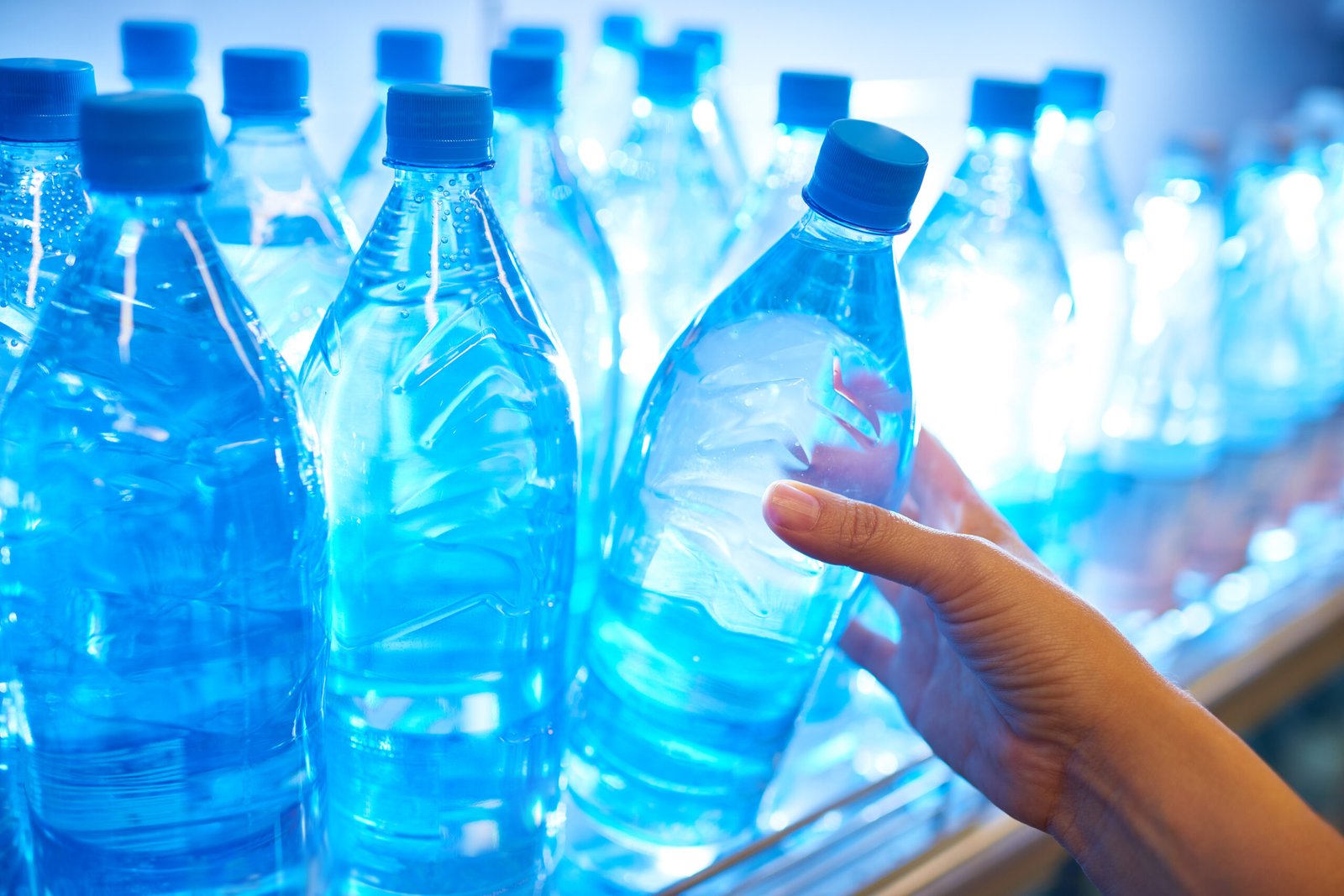Gastrointestinal infections caused by bacteria, viruses, and protozoa spike during the monsoon season. To make matters worse, mosquito breeding on stagnant water leads to a rise in malaria and dengue. Expert advice is gastrointestinal diseases during the monsoon season cause a lakh deaths annually in India.
Consuming contaminated water or using the fecal-oral route are the two main causes of waterborne diseases. City water supplies can become contaminated as a result of flooding, damaged pipes, and spilling sewage.
In semi-urban or rural locations, the reason is the consumption of water from public tanks or contaminated groundwater extracted by hand pumps. The situation is worse in locations that are inundated. Water is contaminated in large part as a result of interaction with human and animal waste. Up to 100 billion bacteria can be found in just one gram of excrement.
Food as a bacteria-carrier

Eating roadside cut fruit or foods like gol-gappa, chaat, or chutney during the rainy season increases the risk of gastrointestinal (GI) illnesses, and partially cooked foods like vegetables or meat in Chinese food are another cause of infection.
Using a contaminated juicer or mixer or drinking juice or shakes from glasses that have been cleaned with soiled water can both spread infection. Bacteria including Salmonella, E. coli, Campylobacter, and Vibrio cholera are to blame for all of them. All of these are spread by water that has been tainted with sewage or feces.
E. coli which produces Shiga toxin and causes diarrhoea can also be spread through dairy products such loose curd and cheese. Things like mayonnaise can be a favorable environment for the growth of germs. All of these microorganisms and viruses, such as the rotavirus, harm the gut lining, causing greater fluid output or decreased absorption. Bacterial illnesses are frequently seen during the summer and monsoon because they thrive in hot, humid environments.
Fish, poultry, and livestock can all harbor harmful germs that can infect people. The first three can induce gastroenteritis, and livestock can harbor Leptospirosis, Campylobacter, Salmonella, and E. coli. Salmonella and Campylobacter can live in fish and poultry, which can then infect people. Undercooked eggs or tainted eggshells can spread salmonella.
Expert Advice: A big no-no
Avoid any meal that looks or smells stale, or sour, or has discolored curd, cheese, or meat. Even food that has been refrigerated or frozen may lose its edible quality if there are frequent power outages.
A doctor should be seen and hospitalization may be necessary if symptoms like fever, vomiting, and diarrhea last more than two days, or if bloody stools, dizziness or fainting, or dehydration develop. Dehydration and associated problems are more likely to affect young children and the elderly.
Expert Advice Treatment
Hydration with ORS is the cornerstone of treatment for the majority of gastroenteritis. Often, anti-vomiting medications are required. After the pathogen has been identified, specific antibiotic treatment for bacterial or protozoal infection should be administered. It is not necessary to administer antibiotics immediately. Waiting for at least 48 hours is recommended. However, dysenteric illness needs to be treated right away. Cholera requires hospitalization and is an illness that must be reported.
Prevention

Make sure the water is safe to drink. Use either filtered water, bottled water, or water that has been boiled. Avoid eating anything from outside, particularly anything that is raw, such as salads, chopped fruit, juice, drinks, cheese, curd, or partially cooked vegetables or meat.
The safest foods to bring on a trip are pre-packaged snacks like chips, cookies, drinks in tetra packs, milk, or lassi. It goes without saying that maintaining personal cleanliness is crucial. The practice of good hand hygiene during Covid-19 should remain. Typhoid and rotavirus vaccines are readily available, and they can be used by persons traveling to flooded areas.







Be First to Comment